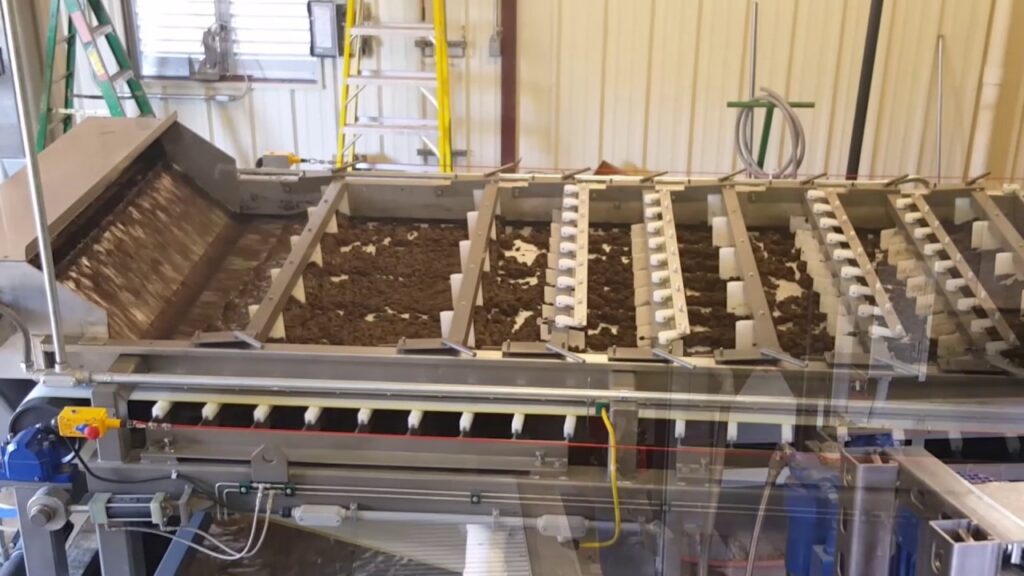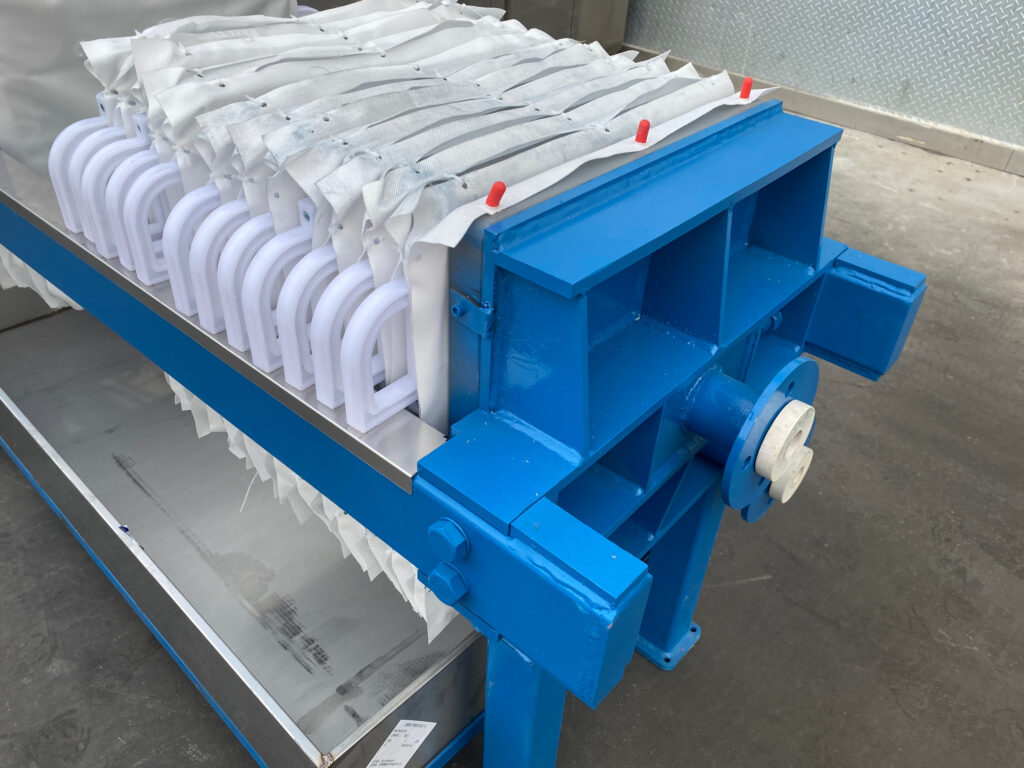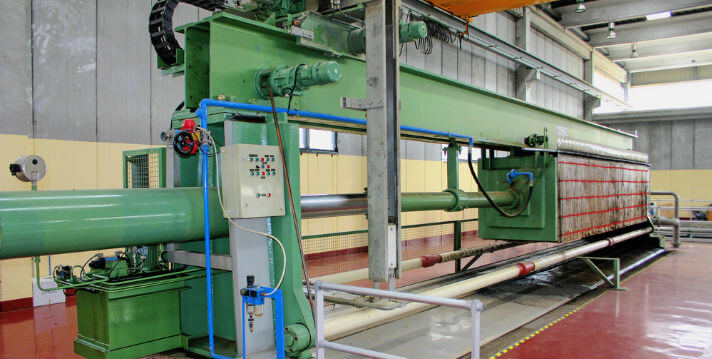Filter press is an efficient and cost-effective solution for waste and sludge treatment in various industries. It works by separating solid particles from liquids through pressure filtration, producing dry cakes that can be easily disposed of.
This article explores the benefits of filter press in waste and sludge treatment, including its ability to reduce waste volume, lower disposal costs, and improve environmental compliance. Additionally, the article discusses the different types of filter press and their applications, as well as tips for selecting the right filter press for specific industrial needs.
Introduction:
Waste and sludge treatment are essential processes in many industries, including mining, chemical manufacturing, and wastewater treatment. The proper treatment and disposal of waste and sludge are crucial to ensure regulatory compliance, reduce environmental impact, and protect public health.
One of the most effective solutions for waste and sludge treatment is the use of a filter press. Filter press is a technology that separates solid particles from liquids through pressure filtration, producing dry cakes that can be easily disposed of. In this article, we will explore the benefits of using filter presses for waste and sludge treatment, as well as the different types of filter presses and their applications.
Benefits of Filter Press in Waste and Sludge Treatment:
Filter press offers several benefits for waste and sludge treatment, including:
- Reduced Waste Volume: A filter press can effectively reduce the volume of waste and sludge by separating solid particles from liquids. The resulting dry cakes take up less space and are easier to transport and dispose of.
- Lower Disposal Costs: Filter press can reduce disposal costs by producing dry cakes that are easier and cheaper to dispose of than liquid waste.
- Improved Environmental Compliance: Filter press can help industries meet regulatory requirements by producing dry cakes that are easier to handle and dispose of, reducing the risk of environmental contamination.
Types of Filter Press:
There are several different types of filter press, each with its advantages and applications. These include:
- Plate and Frame Filter Press: This type of filter press consists of a series of plates and frames that are pressed together to form a filter chamber. The plates are covered with filter cloths that capture the solid particles while allowing the liquid to pass through.
- Recessed Chamber Filter Press: This type of filter press has a series of recessed chambers that hold the filter cloths. The chambers are filled with slurry, and the solid particles are captured by the filter cloths.
- Membrane Filter Press: This type of filter press uses membranes to squeeze the filter cake, producing a drier cake and reducing the volume of waste.
- Belt Filter Press: This type of filter press uses a continuous belt to filter the slurry, producing a drier cake and reducing the volume of waste.
Choosing the Right Filter Press:
Selecting the right filter press depends on several factors, including the type of slurry being filtered, the desired cake dryness, and the required throughput. Some tips for selecting the right filter press include:
- Consider the type and size of solids being filtered.
- Determine the desired cake dryness and the required throughput.
- Choose a filter press with the appropriate plate size and number of plates.
- Consider the type of filter cloth and its compatibility with the slurry being filtered.
Conclusion:
Filter press is an effective and cost-efficient solution for waste and sludge treatment in various industries. It offers several benefits, including reduced waste volume, lower disposal costs, and improved environmental compliance. By selecting the right type of filter press and considering the specific needs of the industry, companies can optimize their waste and sludge treatment processes, reduce costs, and improve their environmental footprint.


